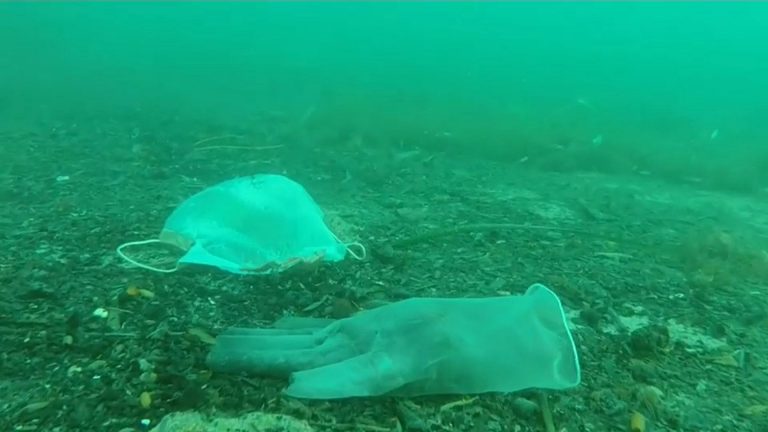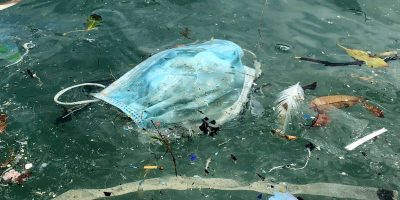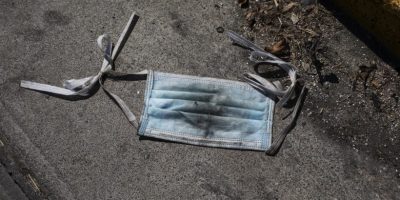
18 July 2020, Kathmandu
The coronavirus pandemic is a crisis affecting everyone including living and non-living organisms. As the number of coronavirus infections are soaring exponentially worldwide, it has become a rising threat to ocean life. Discarded coronavirus facemasks and gloves are causing environmental threat as such items are escalating to be seen in the edge of sea.
Conservationists have warned that the coronavirus pandemic could spark a surge in ocean pollution adding to a glut of plastic waste that already threatens marine life after finding disposable masks floating like jellyfish and waterlogged latex gloves scattered across seabeds.
The rise in disposable face masks and gloves being used to prevent the spread of coronavirus is adding to the glut of plastic pollution threatening the health of oceans and marine life. The government of most of the countries have made facemask mandatory to complying with the new rules to stem the infection of the deadly virus. However, have we ever thought the prolonged impact of using such facemasks and gloves on our environment?

COVID-19 is also having an impact on the environment and the natural world, including our oceans, as environmental groups sound the alarm after finding disposable face masks and gloves scattered along the seabed.
Nowadays, we can see the pictures of bright blue gloves and crumpled masks littering streets, shopping carts, parking lots, beaches and wherever possible to throw it. No-one seems conscious for the proper disposal of these stuffs. Those not picked up can be caught by a gust of wind or washed down drains, ending up in the ocean and waterways.
There is not only potential health risk of dropping used masks and gloves during the pandemic, but many contain materials that do not recycle and are not biodegradable. Surgical masks are made using non-woven fabrics including plastics like polypropylene.
Many studies have shown that there is also a human health risk from plastic entering the food chain with nearly a billion people around the world consuming seafood as their primary source of protein. Thus, used masks and gloves add to an already significant problem.

The bright colors of latex gloves can be mistaken as food by seabirds, turtles and other marine mammals putting them at risk of severe injuries and death. There’s no way to clean up micro-plastics. Once trash makes it into the ocean and breaks into smaller pieces, it’s almost impossible to take it back.”
COVID-19 has had several unexpected impacts on the environment, curtailing recycling and increasing the use of plastic around the world. Governments need to act now to ensure a green recovery that incentivizes sustainability. Programs and awareness campaigns should be entertained to highlight the importance of preserving and restoring our oceans.
If the crisis is prolonged, many will be forced to abandon existing sustainable production in order to generate income quickly in domestic markets, potentially resulting in further poverty and over-exploitation of natural resources and ecosystems. Thus, each individual must pay attention to restore the sustainable flow of natural inputs and ensure sustainable management of ecosystem.









